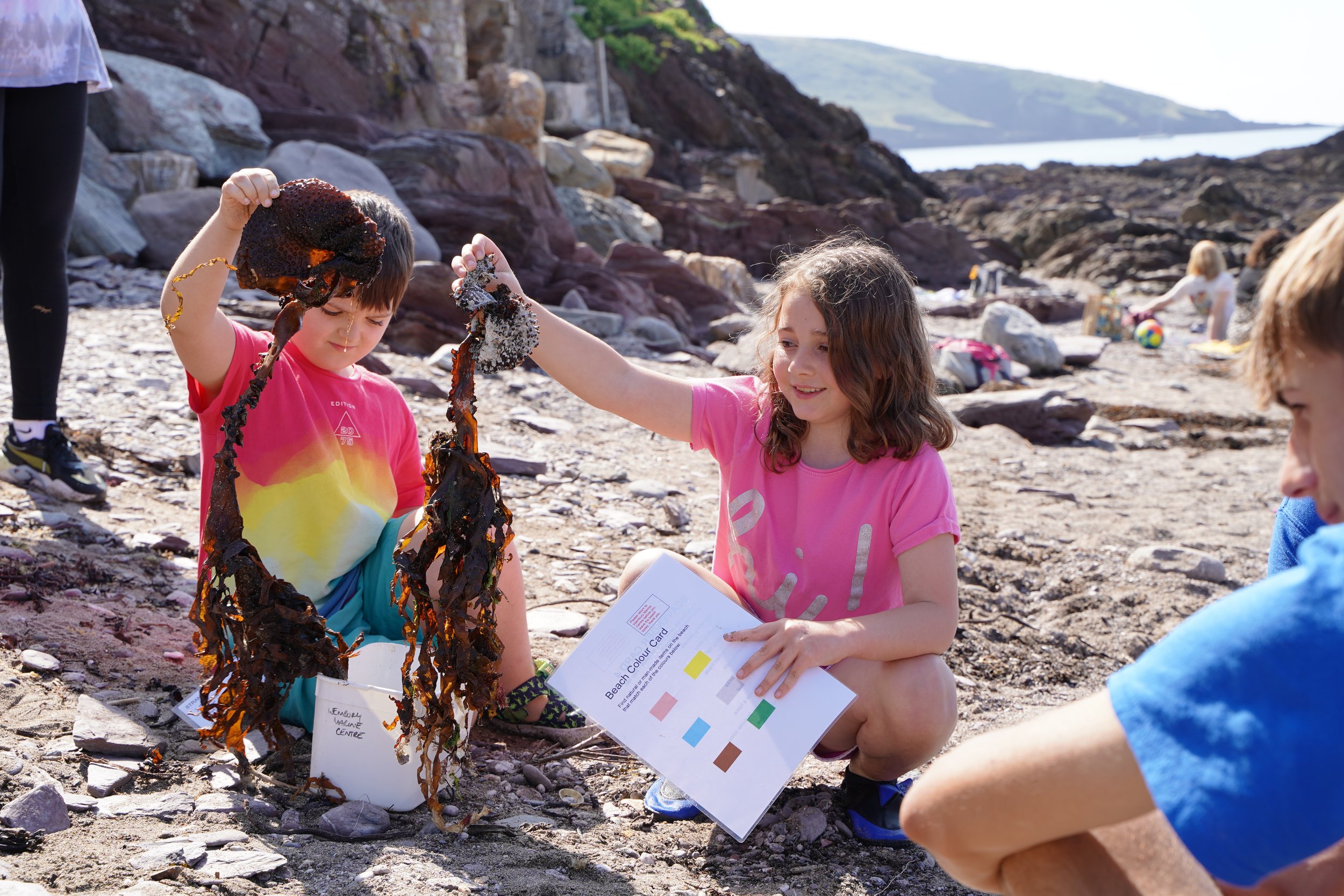Money
WHAT IS DISABILITY LIVING ALLOWANCE (DLA)?
Disability Living Allowance (DLA) is the main benefit for disabled children and is there to help meet any extra costs of being disabled. It is not means tested so your financial situation will not be taken into account. DLA is also not taxable or treated as income for other benefits.
Any ill or disabled child may be able to qualify, even those who don’t have a diagnosis.
You have to show that your child needs substantially more care, attention or supervision than other children of the same age who don’t have a disability or health condition.
Your child will also need to have had the extra care or mobility needs for at least three months and be expected to have them for at least six months more. This means the earliest DLA can be paid from is three months of age.
The DLA claim is made up of two ‘components’ – Care and Mobility
You can claim the care component if your child needs help with ‘personal care’, that is, looking after themselves and this includes things like keeping safe and communication. You can claim this part of the benefit at any time, as long as your child has needed the extra help for at least three months and will continue to need that help for at least another six months.
You can download the form from the website or you can call 0800 121 4600 to request a form. It’s best to get the forms from the Disability and Carers Service as the Department for Work and Pensions will then stamp the form with the date you phoned to ask for it. As long as you send it back within six weeks and it’s successful, the claim can start from that date, meaning a back payment for you.
We’re here to help with DLA forms, just get in touch with our Information and Advice Team - they’ll be happy to help.
personal independence payment (PIP)
Children turning 16 who currently claim DLA will be asked to claim PIP after their 16th birthday.
Just because your child gets DLA, it doesn’t mean that they will automatically qualify for PIP. They will have to make a claim for PIP once invited to do so by the DWP. You need to do this within 28 days, by phoning the PIP claim line.
The DWP will write to you when your child is 15 years and 7 months. They will explain what will happen and check whether your child has the mental capacity to deal their own benefit claims or whether they will need an appointee to act on their behalf. They will follow this up with a second letter once your child is 15 years and 10 months. Finally the DWP will contact them shortly after their birthday to invite them to claim PIP.
The criteria and assessment process differs to that of DLA.
If you have any questions about PIP or would like some some support completing the forms, please get in touch with our Information and Advice Team - they’ll be happy to help.
personal CARERS ALLOWANCE
If your child receives the care component of DLA at the middle or highest rate, you may be able to claim carers allowance.
Carer’s Allowance is a weekly cash payment for anyone who spends at least 35 hours a week looking after someone who gets the care component of DLA at the middle or higher rate (but is not paid to do this). Even if your child is at school, it’s easy to see that most parents will clock up many more hours than this.
To be eligible, all of the following must apply:
you’re 16 or over
you spend at least 35 hours a week caring for someone
you’ve been in England, Scotland or Wales for at least 2 of the last 3 years (this does not apply if you’re a refugee or have humanitarian protection status)
you normally live in England, Scotland or Wales, or you live abroad as a member of the armed forces (you might still be eligible if you’re moving to or already living in an EEA country or Switzerland)
you’re not in full-time education
you’re not studying for 21 hours a week or more
you’re not subject to immigration control
your earnings are £132 or less a week after tax, National Insurance and expenses
other grants and funding
Our Grants and Funding booklet details various grants families can apply for to help ease costs and ensure their child has the support to reach their full potential.
The grants listed will fund equipment, essential items, educational aids, day trips, short breaks or respite, wish making grants, and equipment to buy or loan.
Contact us.
If you would like any support on any of the above, contact our Information and Advice Team, and they’ll be happy to help.




